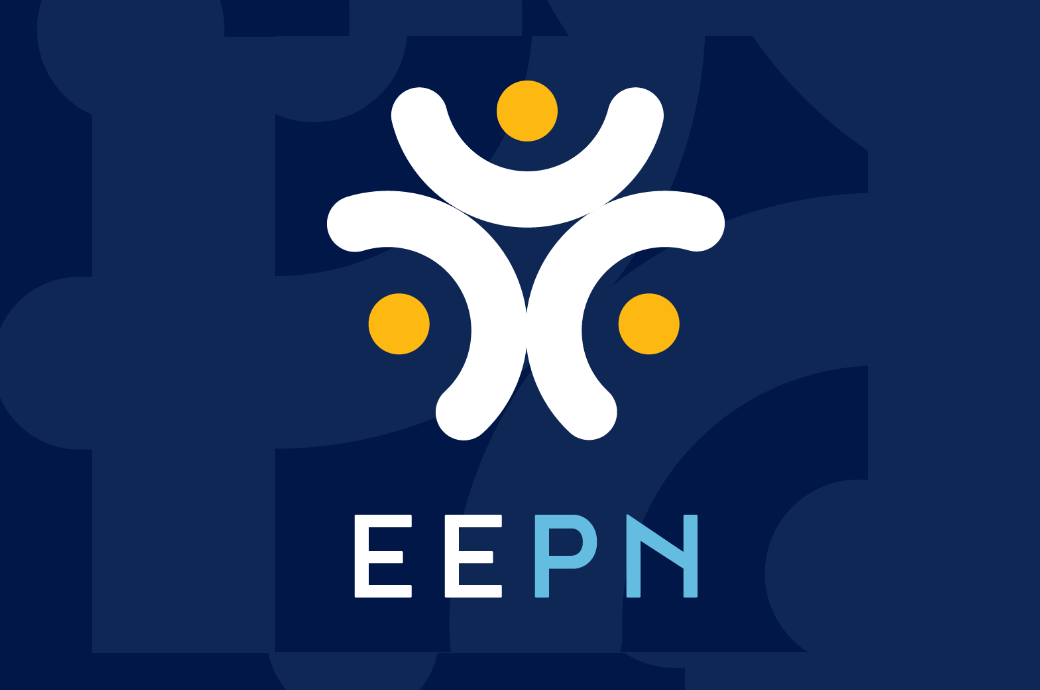Challenges and opportunities for teaching and school leadership in the digital area
Published:
Teaching and school leadership in the digital area is the focus of the 2nd year-activities of the European Education Policy Network (EEPN) on Teachers and School Leaders. The 29 project partners met in a 2-days online workshop to discuss the focus of the research of the project.
The European Education Policy Network on Teachers and School Leaders (EEPN) is a Europe-wide network of organisations which supports the European Commission’s policy work on teaching and school leadership. The coordinator of the 4-year project which started in January 2019 is the European School Heads Association. It works in strong cooperation with the European Sectoral Social Partners in Education – ETUCE and EFEE - and currently includes 29 partners from 18 countries. ETUCE is one of the leading partners of the project to support the values of distributed leadership, shared and collaborative leadership by representing the education trade unions.
In its 1st year, the project was dedicated to desk research and final conference on career development of teachers and school leaders. For this 2nd year, the project is focusing is on teaching and school leadership in the digital area, intending to develop desk research and organising a conference on this topic.
On 29-30 October 2020 the project partners met to share information and discuss the states of the art of the research. During the event, the participants shared information and views to address the desk research concerning opportunities and challenges of the digital transformation for teaching, learning and school leadership. The topics at the core of the discussion were:
- Digital technical tools, skills and competences supporting teaching and learning in the digital age in Europe
- Collaborative learning and collaborative school leadership in the digital age
- Entrepreneurial skills and competences in learning, teaching and school leadership in the digital age
- Communication, literacies, multilingual and critical thinking skills and competences for teaching and learning in the digital age
- Active citizenship skills and active digital citizenship skills in a digital age
The next steps of the project foresee the publication of the research reports in April 2021 and a final second- year conference to be held in June 2021 to discuss the results of the research.
More information about the project and the reports is available here.